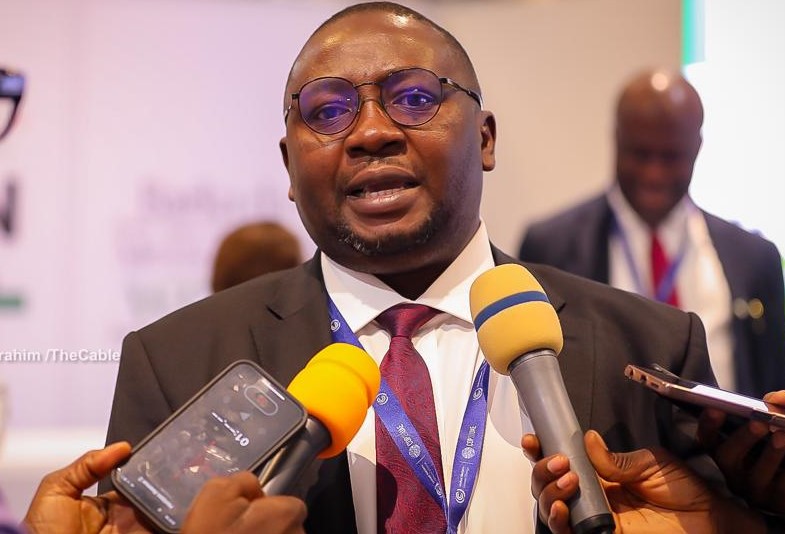Adebayo Adelabu, minister of power, says the sector is faced with liquidity, funding, and operational issues.
He said this during a meeting with foreign development partners operating in the country.
In a statement issued on Friday by Bolaji Tunji, the minister’s special adviser for strategic communication and public relations, Adelabu said that though the issues seem simple, they are numerous, complicated, and permeate all the sectors in the value chain.
“When we resumed here, we spent the first three months diagnosing and investigating issues that have affected development in the power sector,” Adelabu said.
“Why the sector is still at the level it is today and the factors militating against the turnaround that is envisaged in the sector.
“We consulted; we engaged all the stakeholders. At the end of the diagnosis and investigation, we will have a full understanding of the situation. We discovered that most of the problems in the sector are not all technical or engineering-related,” he said.
He said a timing template to provide solutions to the issues bothering the industry was created.
“We met as a team to provide practical solutions and came up with a timing template for those issues that can be resolved in the short term, mid-term and long haul,” Adelabu said.
“We capped these activities up in December 2023 when we had a ministerial retreat where we had the various stakeholders across the value chain in attendance.
“We had serious discussions that lasted three days where we came up with what we had to do. We are focused on providing workable solutions to the various issues.”
Adelabu said the primary issue facing the industry was capital, noting that if permitted to follow a commercial model, the industry was expected to generate revenue.
The minister said the sector was not allowed to charge a cost-reflective tariff due to a subsidy paid on electricity by the government, which he said was not a problem.
“Once the sector suffers from liquidity challenges, there will be no investment in the sector, and that is why the structures are dilapidated. It is important we resolve the liquidity issue,” he said.
Adelabu, speaking on the essential role of the states in the power sector, said the electricity distribution companies (DisCos) “as presently constituted, should be unbundled along state lines.”.
“We need to encourage the states to have their own power-generating companies and encourage them to establish structures for transmission and distribution,” he said.
“Each state government must also start showing interest in those in charge of distribution in their states; while the federal government can track generation and transmission, the states should be able to track the distribution companies.”
ADELABU: WE’LL ENSURE REA LIVES UP TO EXPECTATIONS
Adelabu said the ministry will ensure the Rural Electrification Agency (REA) lives up to expectations by electrifying the underserved and the unserved rural communities that may not be commercially attractive to the DisCos.
“Also to focus on distributed power by intensifying efforts to raise the volume of renewable energy to national capacity, with a focus on developing small hydropower plants along the 26 small dams in the county,” the minister said, adding that “we can hybridise this with solar when the water level goes down.”
He said solar was being considered for the northern part of the country, including the deployment of windmills to generate power offshore along the coastal part of the country.






